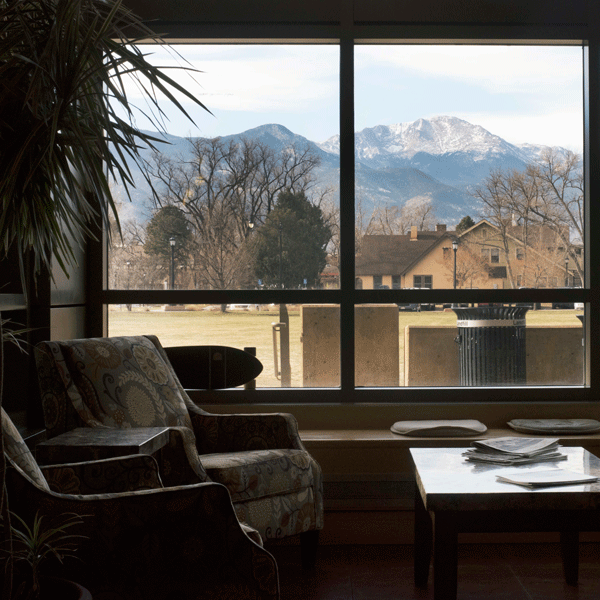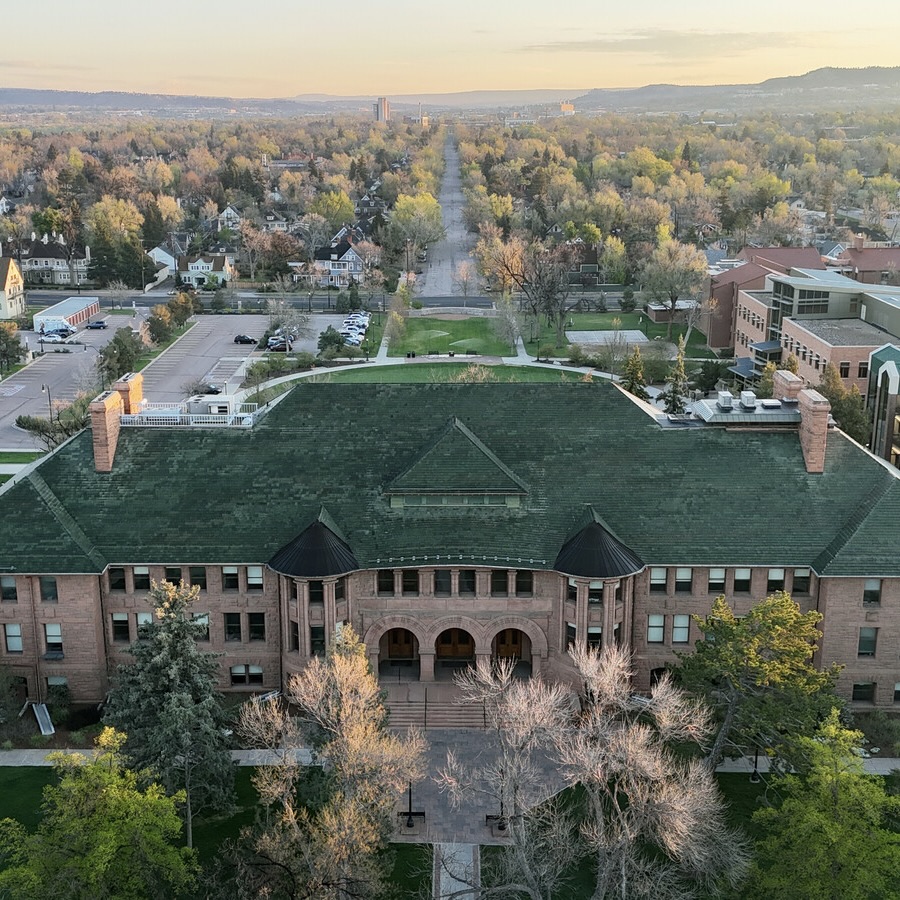Fulbright has announced its Student Grant semifinalists for the 2021-22 grant year, and Colorado College has 12 Fulbright semifinalists, tying the record it set two years ago. Of the 12, seven are study/research semifinalists and five are English teaching assistant awards.
CC Fulbright Adviser Roy Jo Sartin notes that the 2020-21 Fulbright application cycle was the most competitive application cycle in Fulbright history, with more than 11,700 applications, representing a 12% increase from the 2019-20 application cycle.
“This is an extraordinary achievement on the part of our students and the CC Fulbright committee, particularly during this unprecedented past year,” says Acting Co-President Mike Edmonds.
“Making it to the semifinalist round in the Fulbright process is an enormous accomplishment in any year — and even more so this year. These students have shown resilience, dedication, and persistence, and this speaks very highly of the caliber of our students,” says Acting Co-President Robert Moore.
This year’s Fulbright semifinalists are:
- Robin Hilderman ’20, University of Edinburgh study award in geology to the United Kingdom
- Olivia Humphreys ’21, English Teaching Assistant award to Thailand
- Ana Kilgore ’21, English Teaching Assistant award to Kazakhstan
- Jia Mei ’21, English Teaching Assistant award to Malaysia
- Grace Perry ’19, research award in sociology to Uruguay
- Sophie Ramirez ’17, research award in public health to India
- Danielle Richardson ’21, English Teaching Assistant award to Timor-Leste
- Olivia Schultz ’21, Taipei Medical University study award in psychology to Taiwan
- Carissa Sherman ’21, study award in anthropology to Canada
- Sierra Takushi ’21, English Teaching Assistant award to Thailand
- Lauren Weiss ’21, University College London Entrepreneurship Award in computer science to the United Kingdom
- Elizabeth Wolfe ’21, Ecole Normale Superieure de Rennes Award in Mathematics to France
“These Fulbright semifinalists from CC include social scientists, creative writers, STEM researchers, peer tutors, and a non-profit entrepreneur,” says Sartin, who has been the college’s Fulbright adviser for six years. “Even though they come from many different disciplines, they all embody the spirit of the college, and most importantly, they have acted on it: exploring their passions meaningfully through research, study, work, and volunteering, on campus and within our community.
“These students have spent the past few years building up to this point, choosing experiences and growing the confidence they need to be competitive Fulbright researchers, graduate students, and English Teaching Assistants,” she says. “I'm so proud of their efforts!”
Last year CC had 11 Fulbright semifinalists, of whom three went on to become finalists. In 2019 CC had a record 12 semifinalists, six of whom went on to become finalists.
The semifinalist applications have been forwarded by the Fulbright National Screening Committee to the Fulbright Commission or U.S. Embassy in the host country for final review. Each country will choose its grantees during the coming months, so semifinalists can expect to learn their final status between late February and April, with the timing of notifications varying by country.
Colorado College’s Fulbright committee is comprised of Assistant Director of Global Education Heather Powell Browne; Director of Faculty Research Support Tess Powers; Cultural and Linguistic Diversity Education Specialist Chelsea Walter; Director of Global Education Allen Bertsche; and Sartin, who also advises Erasmus Mundus applicants. For questions about the application process, email Sartin at rsartin@coloradocollege.edu
The Fulbright U.S. Student Program offers research, study, and teaching opportunities in more than 140 countries to recent graduates and graduate students. During their grants, Fulbright recipients meet, work, live with, and learn from the people of the host country, sharing daily experiences. The program facilitates cultural exchange through direct interaction on an individual basis in the classroom, field, home, and in routine tasks, allowing the grantee to gain an appreciation of others' viewpoints and beliefs, the way they do things, and the way they think.






